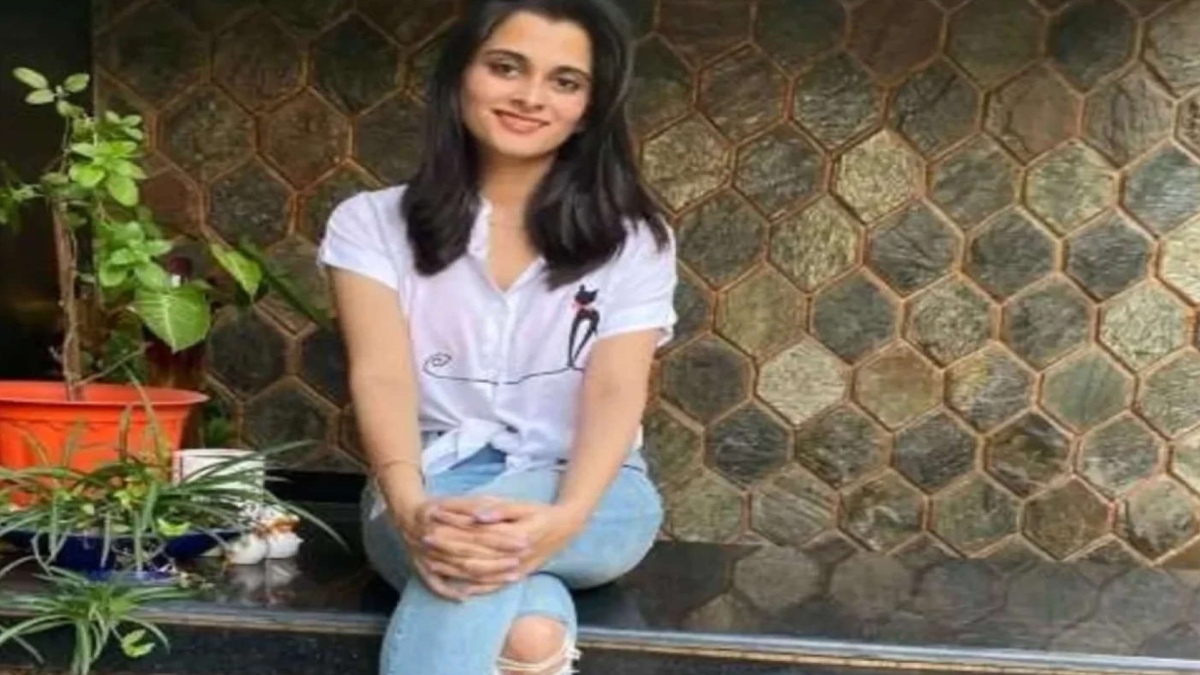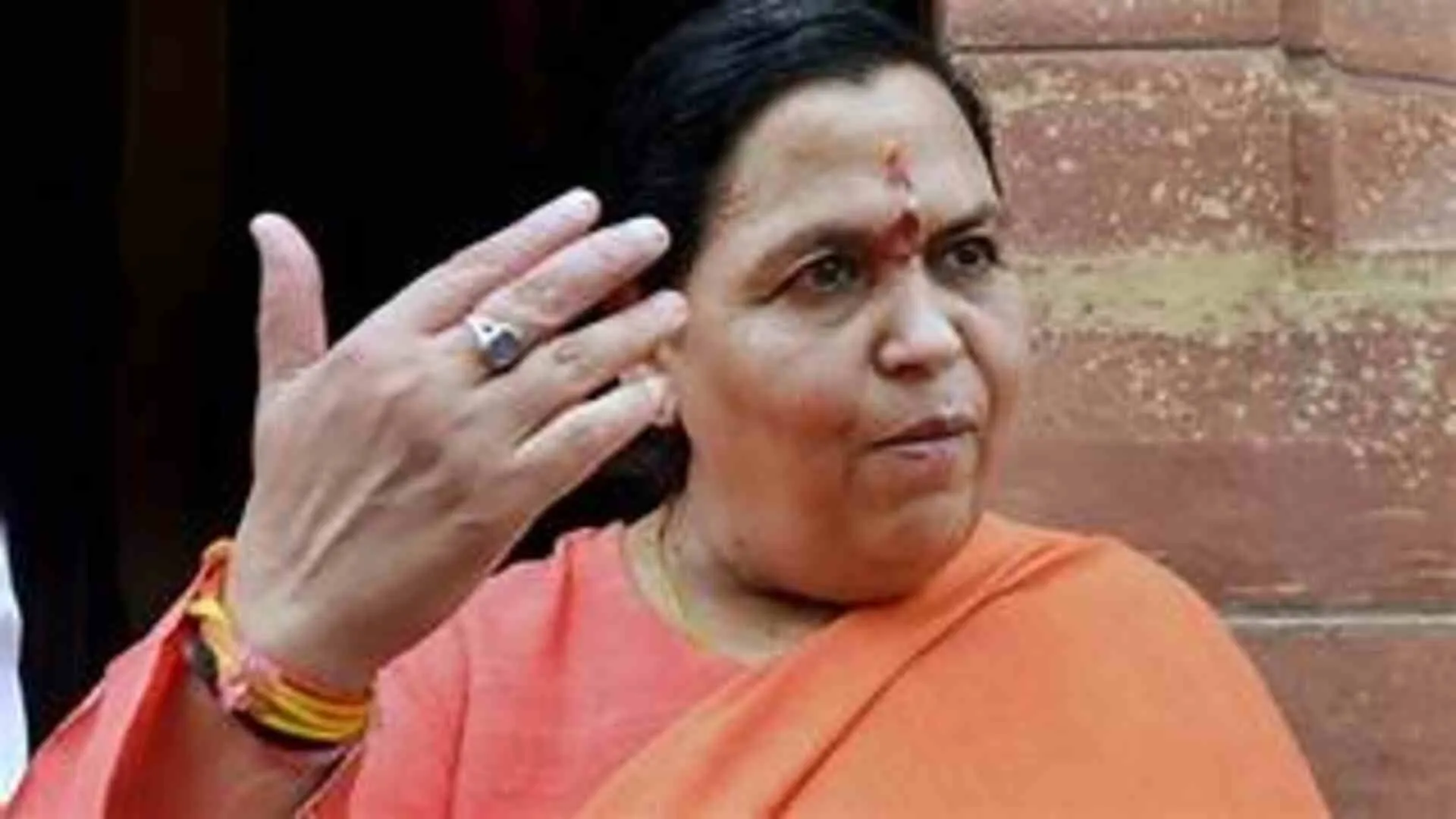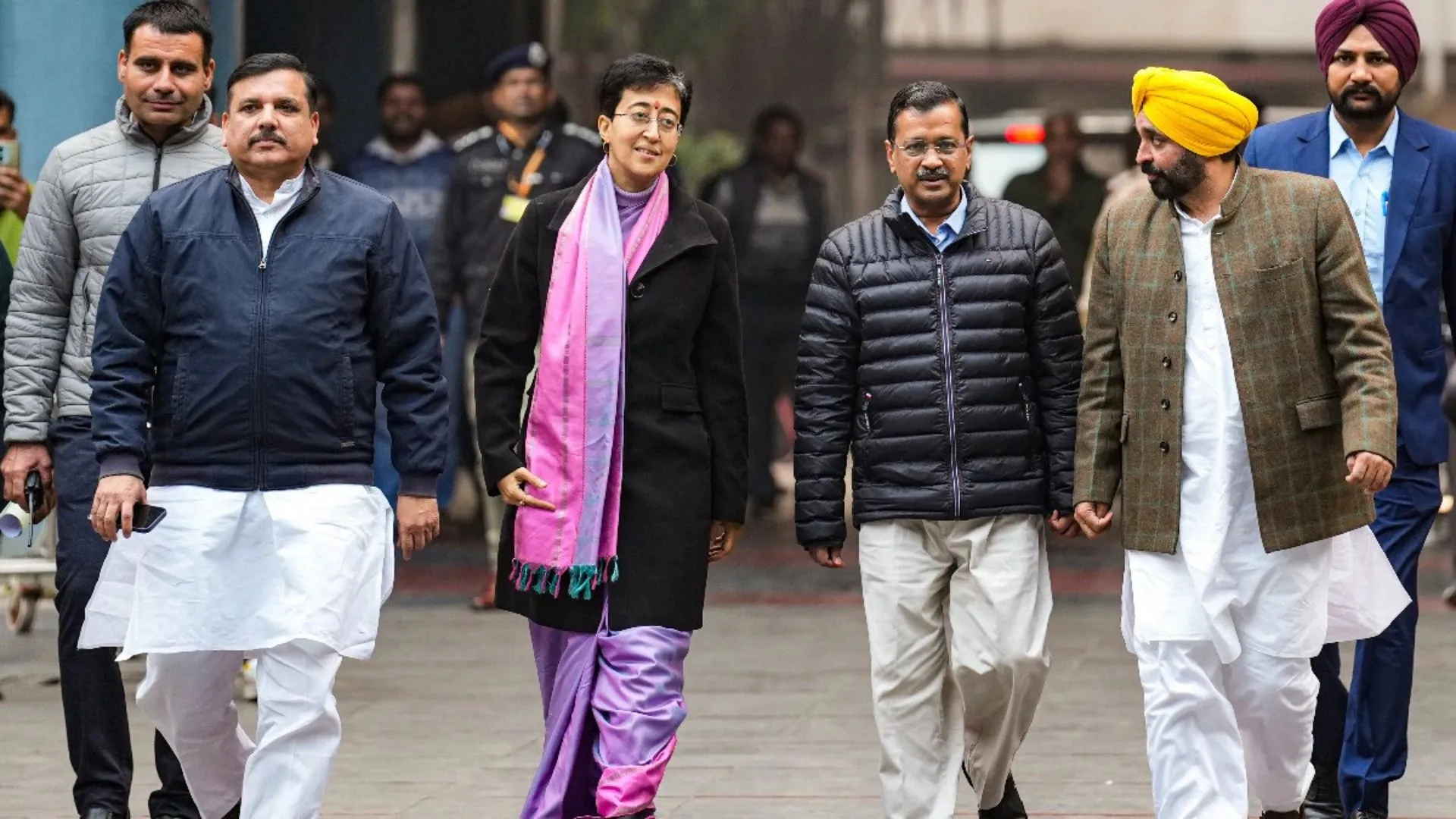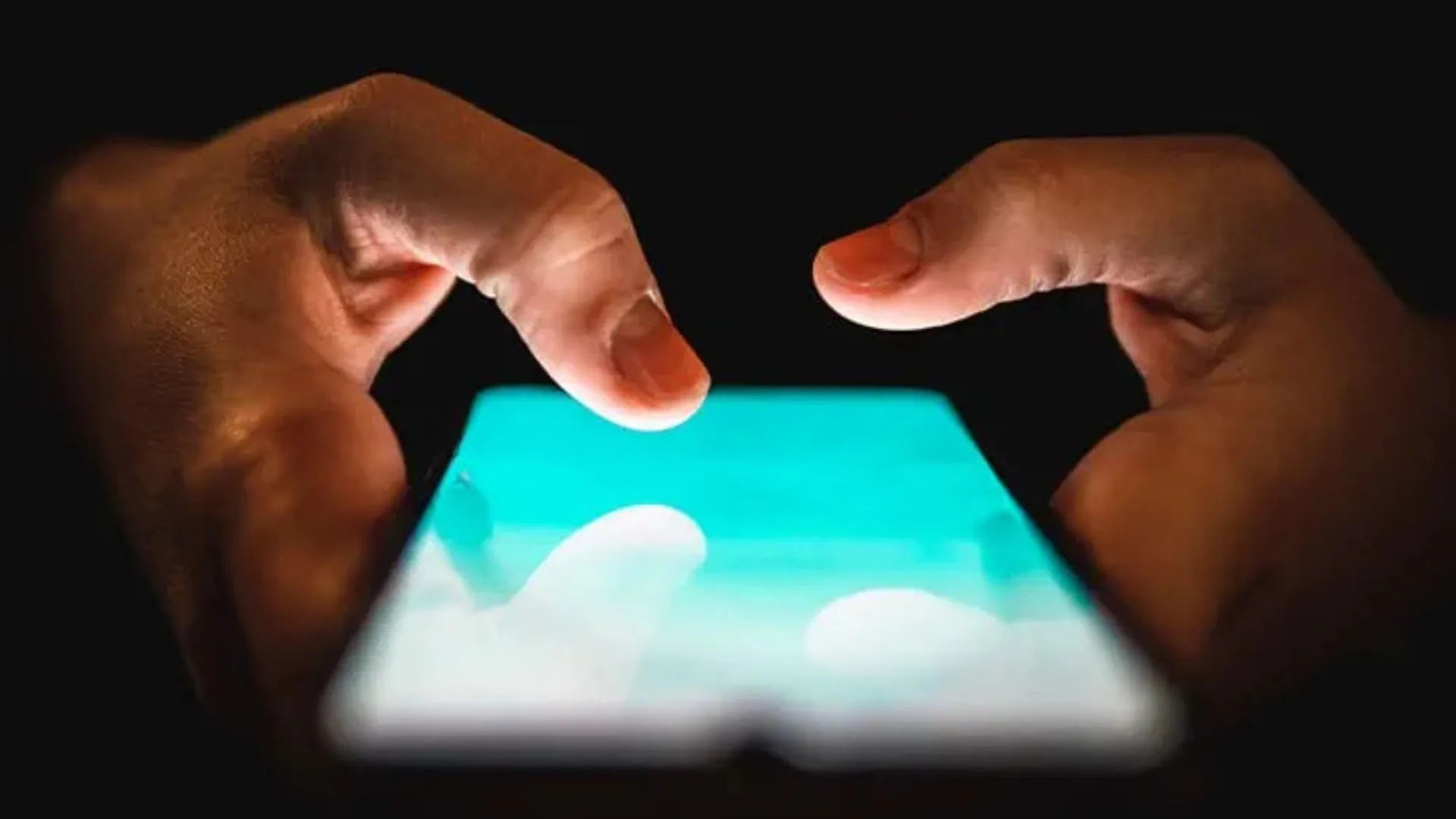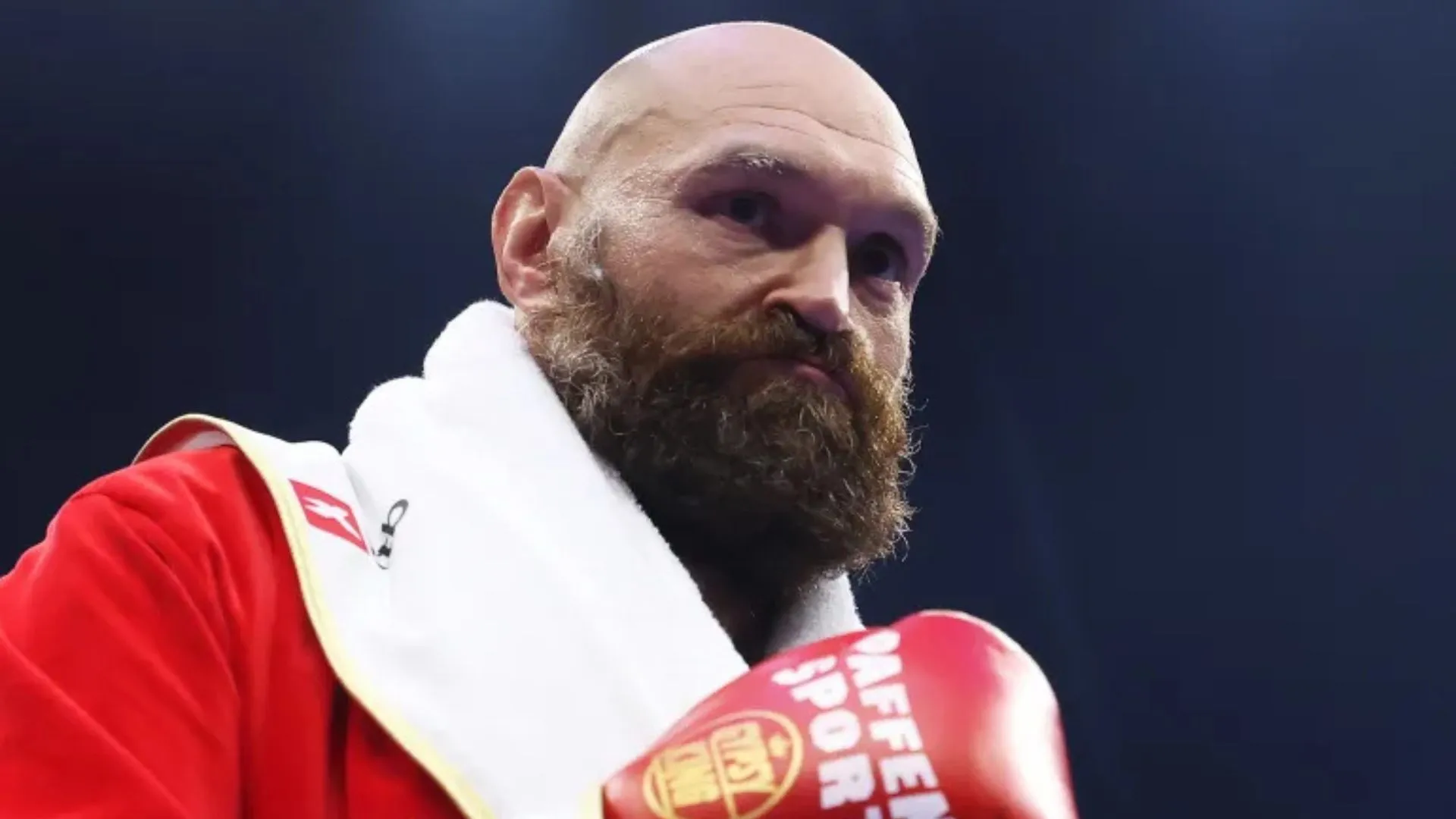Divija Bhasin, Mental & Emotional Health Therapist, recently joined NewsX for a candid chat as part of its special series NewsX Influencer A-List. In the exclusive interview, Divija opened up about being a mental and emotional health therapist in the digital age.
Talking about the kind of content she puts out on the Internet, Divija shared, “I make all kinds of things. I don’t just put out psychology or mental health stuff. I put that stuff along with other random or relatable funny stuff, even things that are indirectly related to mental health. Mental health is not just anxiety and stress, it is way more than that. It is also about our family systems and our education and even abuse. I try to make it a little simpler, relatable, and put it out there based on trends. It is like entertainment and education together. “
When asked did therapy come into her life first or being an influencer come first, she responded, “I have always wanted to be a therapist. I have been studying psychology since class 11th. I started out on TikTok last year. I used to make random videos on TikTok, sometimes psychology-related videos. I was just doing it for fun because of the lockdown but then I started gaining a lot of followers. I was like I like it and I am not that bad at it. After it got banned, I switched to Instagram and that’s when I started putting out more serious stuff. I realised that the audience on Instagram likes that and they also appreciate it more. I tried it on TikTok but it didn’t work out that well. Here, my audience likes both. That’s why I put both. I became a therapist after I started making videos not because I wasn’t going to be but because I am still doing my second master’s. While making these videos, I started working with another clinical psychologist. Under her guidance, I took sessions and now since I have some experience, I do private practice.”
When prodded further if these two worlds collide, she added, “Not particularly. It feels like my audience and clients are able to differentiate. They don’t try to talk to me and I make my boundaries clear. In the first session, I send them a formal email, stating that I will not be able to interact with you outside the session, just to maintain boundaries. They all respect that. I haven’t had experiences where my clients would try to become friends with me or something like that on social media. They follow me and like my videos but that’s it.”
Speaking about responsibilities that come with being an influencer, considering the fact that with being a mental health professional, the responsibility is twofold, Divija expressed, “I do have to be extra careful compared to other influencers because I feel like people are looking up to me to give the right information. Every time I put out anything serious, I make sure to read a lot about it, including research papers, not just random things on the Internet, so that it is properly verified and also in case someone questions me and thinks that I am just giving my opinion.”
Mental health is not just anxiety and stress, it is way more than that. It is also about our family systems and our education and even abuse. I try to make it a little simpler, relatable, and put it out there based on trends. It is like entertainment and education together.

